Bicycles can be powerful images in cinema. Like the 1948 masterpiece Ladri di Biciclette, Wadjda, the first film ever to be filmed in Saudi Arabia, is about a child and a bike. But whereas two wheels in Vittorio De Sica’s brutally neorealist film represented the shackles of poverty, here they embody freedom. Or at least the whisper of it.
Wadjda, which will be screened at the London Film Festival on 11 and 14 October, has at its helm Saudi Arabia’s first female director, Haifaa Al-Mansour. This is a feat not just because this is a country where women are not allowed to drive (Al-Mansour often had to hide in a van while filming in Riyadh), but also because cinemas themselves have been largely banned in the gulf kingdom for 30 years.
The film’s ten-year-old protagonist (a captivating Reem Abdullah, above) is as much of a trailblazer as her creator. A cheeky rebel scolded for listening to pop music and not wearing the veil, she nonetheless resolves to win her Koran recitation competition to procure the money with which to buy a shiny white bicycle. Her mother is appalled: ‘You won’t be able to have a child if you ride bikes!’
It is rare for a film with an agenda to have such modest charm. With it, Wadjda has managed to engage not just festival audiences but also the backing of a Saudi prince. Whether it can be a real vehicle for change — or just the whisper of it — remains to be seen.
The post Wheels of change appeared first on The Spectator.
Got something to add? Join the discussion and comment below.
Get 10 issues for just $10
Subscribe to The Spectator Australia today for the next 10 magazine issues, plus full online access, for just $10.

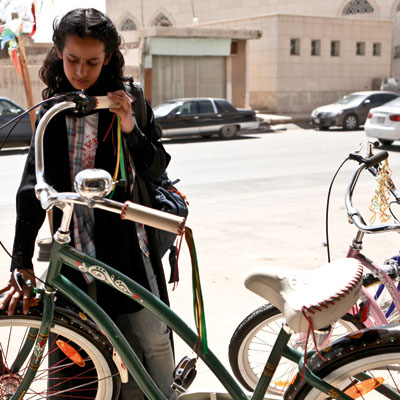
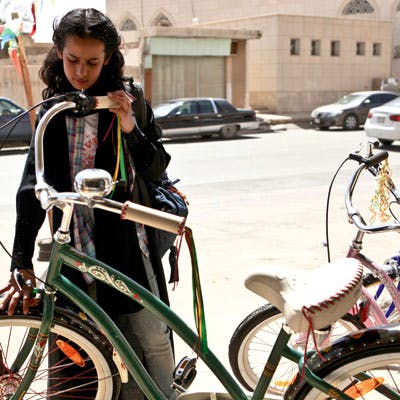
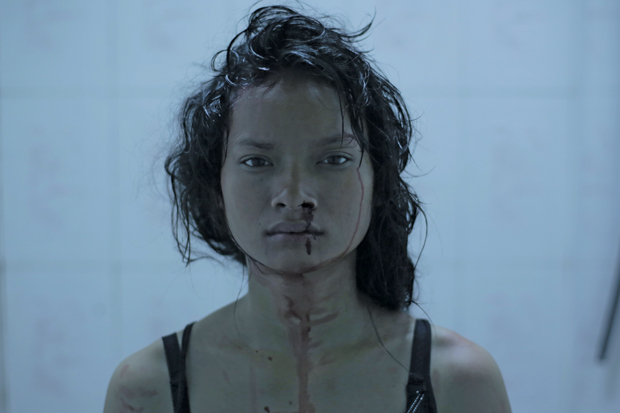
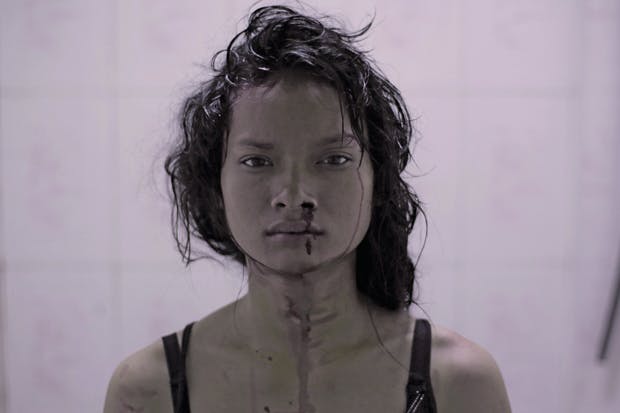
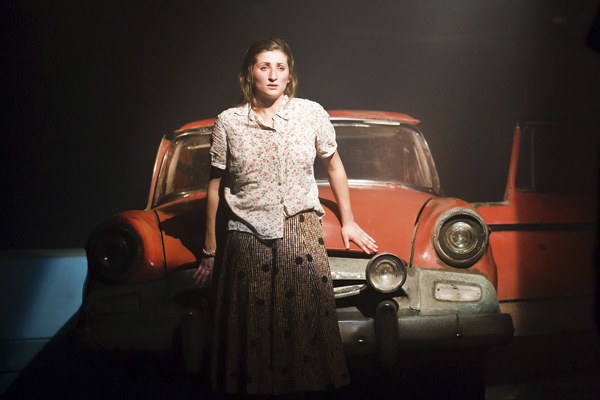

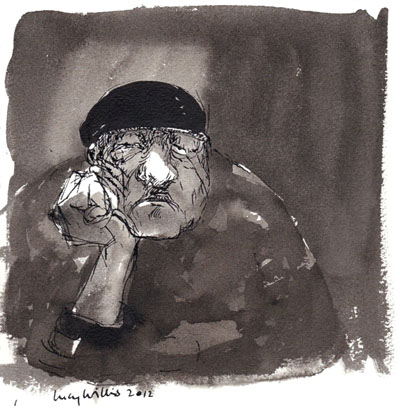






Comments
Don't miss out
Join the conversation with other Spectator Australia readers. Subscribe to leave a comment.
SUBSCRIBEAlready a subscriber? Log in